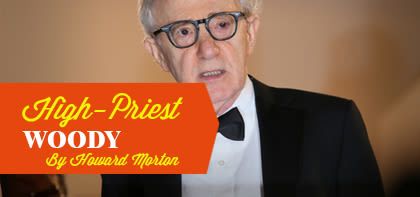
High-Priest Woody
The celebration of American-Jewish culture by Woody Allen helped showcase to the masses was a dead-end street paved with lox, cream cheese, and nervous habits…

Looking back at the now-ending Golden age of American Jewry, if I’d have to vote for its high priest of Jewish-American (read: secular) culture, it would be Woody Allen.
With hindsight, we can now see that the giddy celebration of American Jewish culture Woody Allen helped showcase to the masses, void of true spirituality, was a dead-end street paved with bagels, lox, cream cheese and nervous habits where generations ate and enjoyed their comfortable way to oblivion and total assimilation.
This was the Golden Age of American Jewry, and it really began to take off just as Woody Allen began his career as a television comedy writer. The Holocaust had ended just a few years earlier, and overt American anti-Semitism had started receding to closed-door conversations and small groups of frustrated misfits, simmering quietly with occasional outbursts but never quite disappearing.
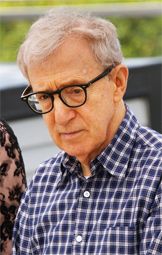 Image courtesy of Denis Makarenko / Shutterstock.com
Image courtesy of Denis Makarenko / Shutterstock.com
Those years and decades after World War Two were heady days for American Jews. Suddenly being Jewish was fashionable.
And perhaps the biggest proof of this new chic status of cultural Jewishness was that the whole country now laughed at our jokes, jokes riddled with Jewish references and words and intonations and angst.
Millions of American television viewers gleefully accepted Milton Berle, Henny Youngman, Joan Rivers, Don Rickles and countless other funny Jews into their living rooms. The college set had Lenny Bruce and Mort Sahl. Legions of record buyers bought Alan Sherman albums and literature lovers had Philip Roth. These comedians and humorists, and not the political or organizational leaders, were the most influential Jewish emissaries to mainstream American culture.
And in this sense, Woody Allen surpassed them all.
As a stand-up comic, playwright, author, TV personality and, of course, movie director-writer-star, he helped inject an irreligious, cultural Jewishness during the apex of the Golden Age of American Jewry. What the masses of non-Jews from the Midwest plains to the Bible Belt actually thought of Woody Allen’s portrayal of the American Jew — intellectual yet neurotic, metaphysically bent yet agnostic, unattractive yet always getting (and sometimes losing) the beautiful gentile girl — I can only imagine. But for many secular Jews, he was a kind of hero. He even turned the secular Jewish American experience into the 1978 Academy Award winner for best picture (no small feat for a comedy).
More than that. Watching a Woody Allen movie during his comic heyday was the secular Jewish American experience (along with eating lox and bagels on Sunday mornings). This, at least in my eyes, made Woody Allen the High Priest of secular American Jewish culture.
And now the secularism Woody Allen portrayed has progressed by a generation or two, and everything has dwindled. The Jewishness of his movies has dwindled (judging by the titles and plots; I’ve stopped watching them a long time ago). His audience has dwindled. And more importantly, the Golden Age of American Jewry has dwindled, in part, because the number of American Jews has dwindled. The Jews who once made up five percent of America and forty percent of Woody Allen’s beloved New York now make up only two percent of the US population and around thirteen percent of New York according to Tablet Magazine.
We can now see where the assimilation Woody Allen depicted has degenerated to: the vanishing of Jewish values and morals and even Jews. Entire generations of Jews.
During the glory years of the Golden Age of American Jewry while I was still a secular Jew, Woody Allen spoke for me. But definitely not now. Woody Allen’s recent slamming of Netanyahu’s opposition against the Iran nuclear deal — despite Iran’s calls for “death to Israel” and pledge to wipe Israel off the map — certainly doesn’t speak for me. Of course Woody Allen’s not alone. Ninety-eight prominent Hollywood Jews also joined him in endorsing the Iran nuclear deal in a full-page open letter in the Los Angeles Jewish Journal.
So this is where Woody Allen’s brand of assimilation and secularism has brought us — to a bizarre cognitive dissonance while yet another anti-Semitic regime is sharpening its blades for the hunt and while being Jewish in America isn’t so fashionable any more (as seen with the BDS movement, anti-Israel hysteria on campus and skyrocketing anti-Semitism).
Strangely enough, I can thank Woody Allen in part for my becoming observant a couple of decades ago because that’s when I realized there’s a lot more to being Jewish than eating lox and bagels and watching his movies. I finally realized that being a cultural Jew wasn’t enough, that being Jewish without the spiritual component is missing out on what being Jewish is all about, and that life for Jews without Torah, mitzvot and a connection to Hashem is the historical recipe for near extinction.
And as obvious as that may sound, this realization is especially relevant today because time’s running out. The Geula, the complete redemption of the Jewish people, is just around the corner. And with Geula being a time of spirituality centered in a Land of spirituality, now’s the time to start working on being spiritual like never before.


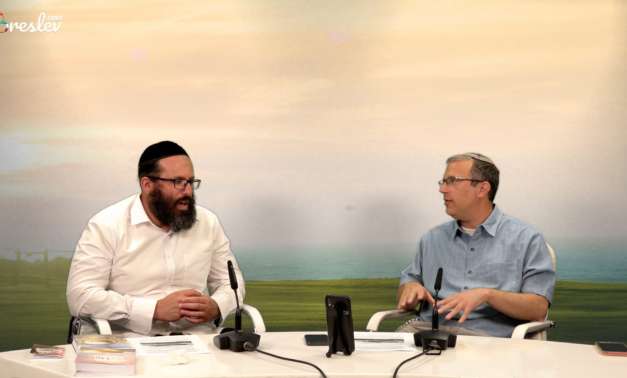
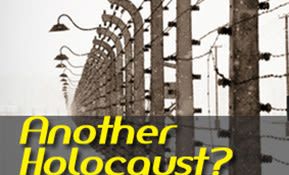
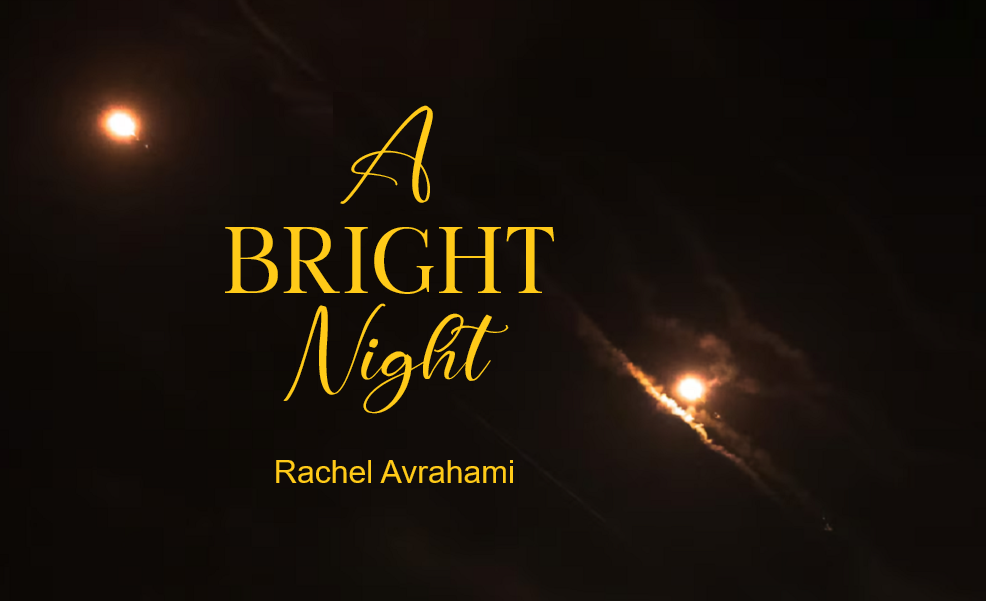
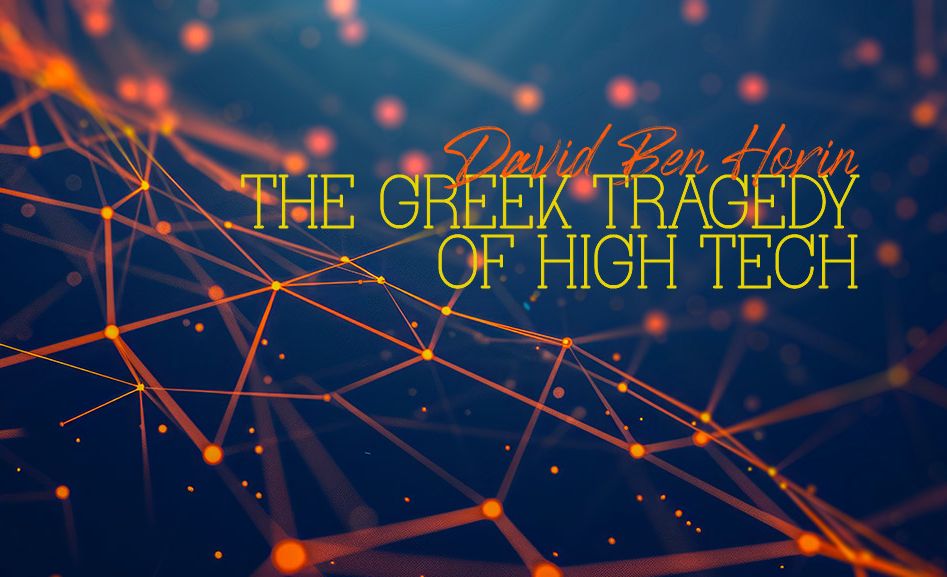
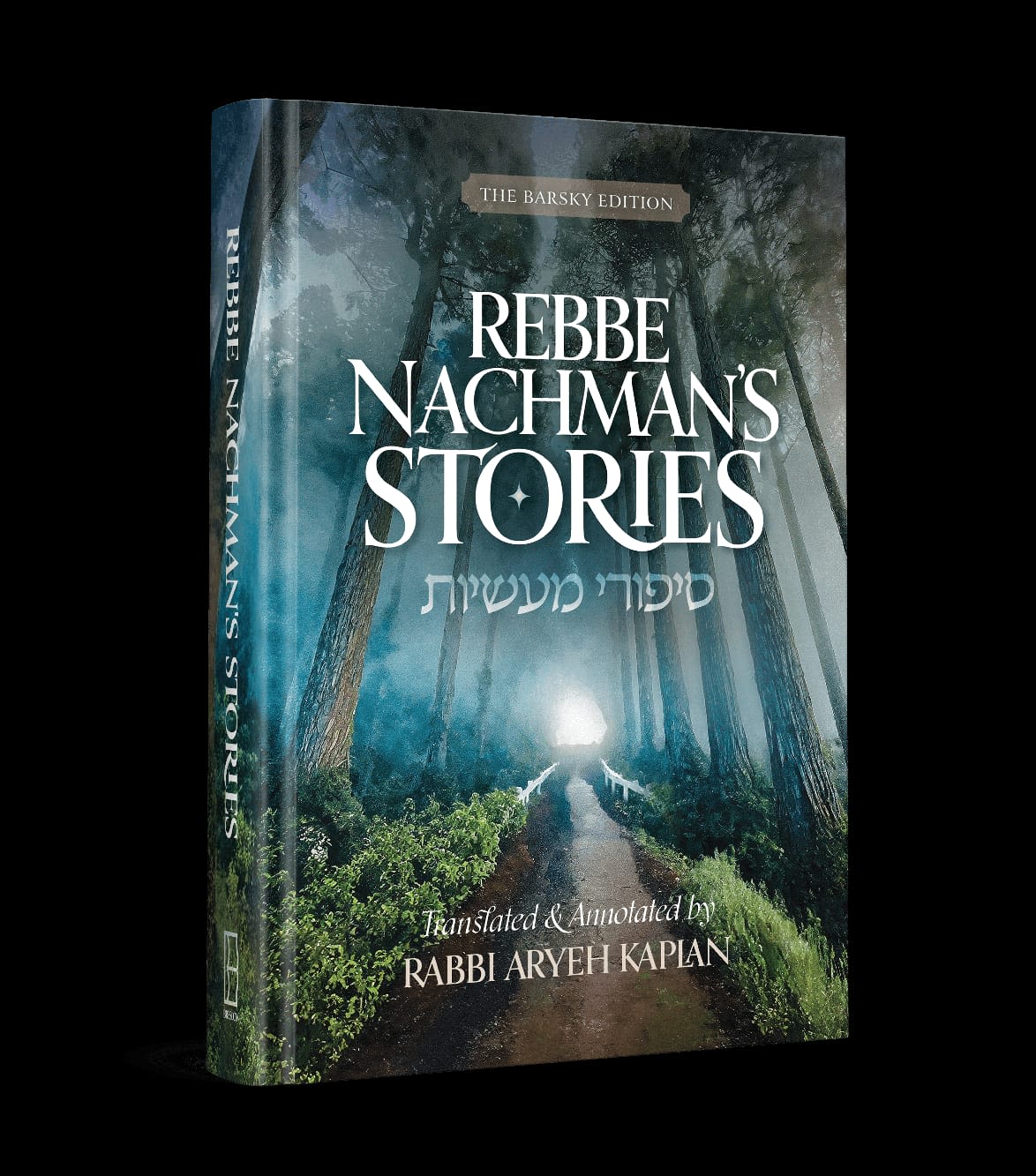
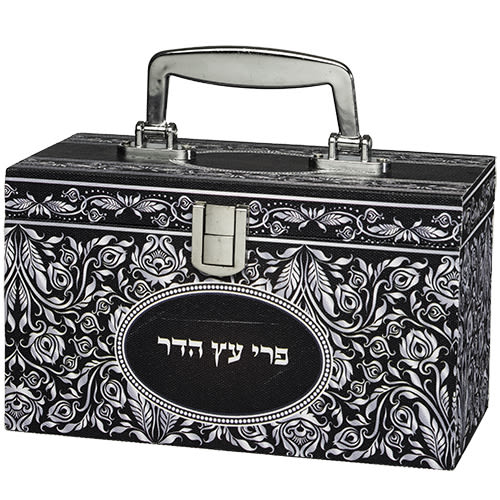
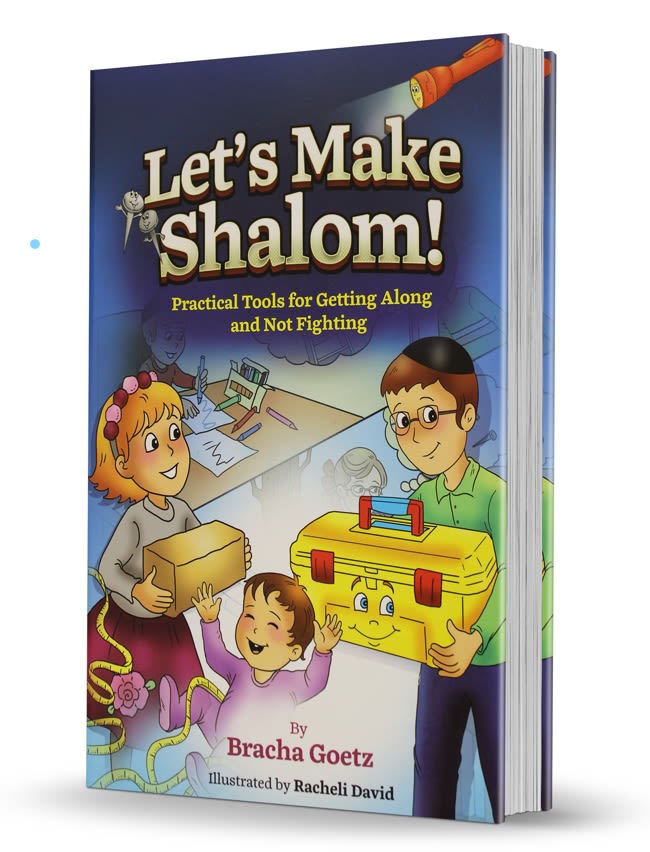
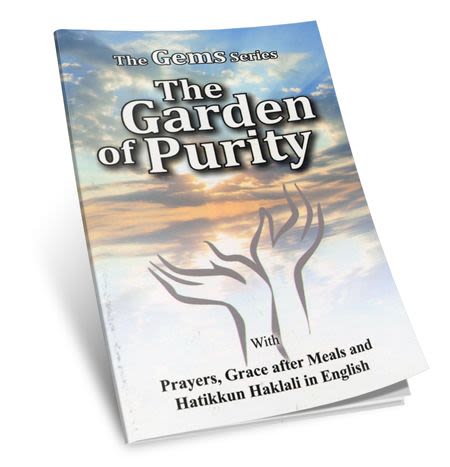

Tell us what you think!
Thank you for your comment!
It will be published after approval by the Editor.